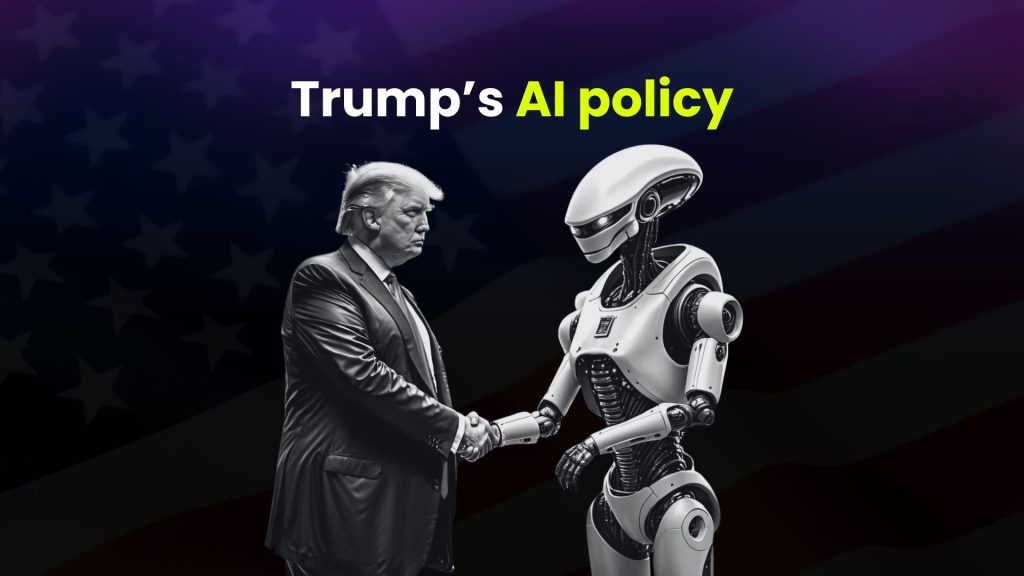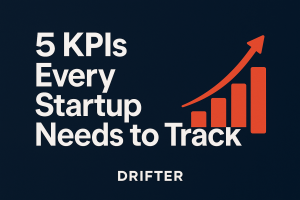Donald Trump’s election in 2024 has reignited debates about how Trump’s AI policy will impact innovation and regulation. Will it pave the way for groundbreaking advancements or create risks by scaling back safeguards? Businesses in the AI space are bracing for significant changes, and all eyes are on how his administration will balance innovation and public safety.
Looser Regulations
Trump’s approach to AI might be very different from the regulation-heavy tone of the Biden administration. While this has created excitement among entrepreneurs, it’s also raising eyebrows among critics. Experts, like Michael Bennett, caution that federal deregulation could result in a fragmented landscape where states and cities enforce their own rules.
For example, California’s Assembly Bill mandates that AI developers disclose training data sources and processing steps, aiming to enhance transparency in AI development, while Colorado’s AI legislation focuses on preventing algorithmic discrimination and requires businesses deploying high-risk AI systems to provide disclosures to consumers.
Trump’s push for quicker approvals and fewer rules could mean faster timelines for tools like generative AI and robotics. Startups could benefit from smoother development cycles but may struggle with patchwork regulations at the state level.
While some of these changes may excite AI entrepreneurs looking to disrupt the market, this speed-over-safety approach could bring unintended consequences, like ethical lapses or security risks.
The Safety Concerns: Innovation vs. Risk
Deregulation might accelerate innovation, but it also raises critical questions about how businesses will manage the risks that come with less oversight.
Take the AT&T data breach, for example. Hackers accessed sensitive call records of over 110 million customers through a third-party vendor’s system.
Not all AI systems are dependent on external services, though. Companies with proprietary AI models or in-house data solutions, such as Tesla’s autonomous driving systems, minimize these risks by keeping operations self-contained.
Still, even with self-contained systems, businesses can face challenges when AI tools are not deployed with adequate oversight.
Bias in AI, for example, remains a significant issue. In 2024, researchers uncovered troubling patterns in how judicial systems applied AI tools to assess pretrial risks. Judges often ignored AI recommendations and relied on their own assumptions, undermining the neutrality the system was designed to provide.
Even outside high-stakes environments like courts, AI can create unintended problems. For instance, AI-powered workplace tools have been found to record private conversations inadvertently, leading to accidental leaks of sensitive information.
This shows that as deregulation accelerates, businesses will need to take steps to ensure their AI tools are deployed ethically and responsibly.
How AI Businesses Can Prepare
If you’re in the AI space, Trump’s approach could be a double-edged sword. Here’s how to navigate what might lie ahead:
Stay Agile: Less regulation at the federal level could mean more freedom, but keep an eye on state-level policies. Local rules could impact your operations, especially if you’re scaling nationally.
Focus on Public Trust: Even with fewer restrictions, don’t skimp on ethics. The AI public backlash against companies seen as reckless could hurt your brand. Customers are watching closely, and trust is harder to regain than it is to lose.
Keep Innovation Front and Center: This is a rare opportunity to experiment more freely. Trump’s pro-business stance could help you innovate faster, but ensure your advancements are sustainable and responsible.
Will AI Businesses Win Under Trump?
Honestly, it’s a bit of a wait-and-see game. Trump’s likely to push for an innovation-first approach, but that doesn’t mean it’s a smooth ride for everyone.
On one hand, it offers businesses a chance to move faster, test new ideas, and disrupt industries. On the other, it introduces risks that could undermine public trust and complicate operations.
The future of AI under Trump’s administration will depend on how businesses respond. Companies that balance bold innovation with ethical responsibility will lead the way in this evolving landscape.
What’s your take on Trump’s AI policy? Are you ready to lead the way?
Let us know if you enjoyed reading this article. Connect on LinkedIn or Say Hi!




